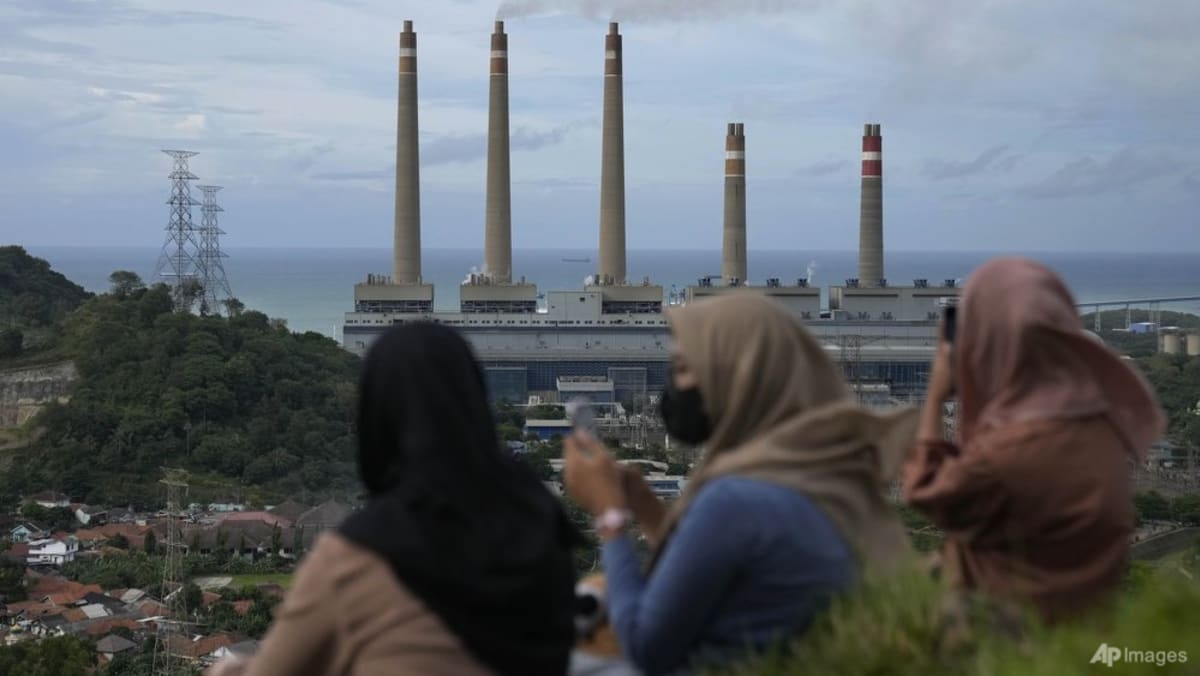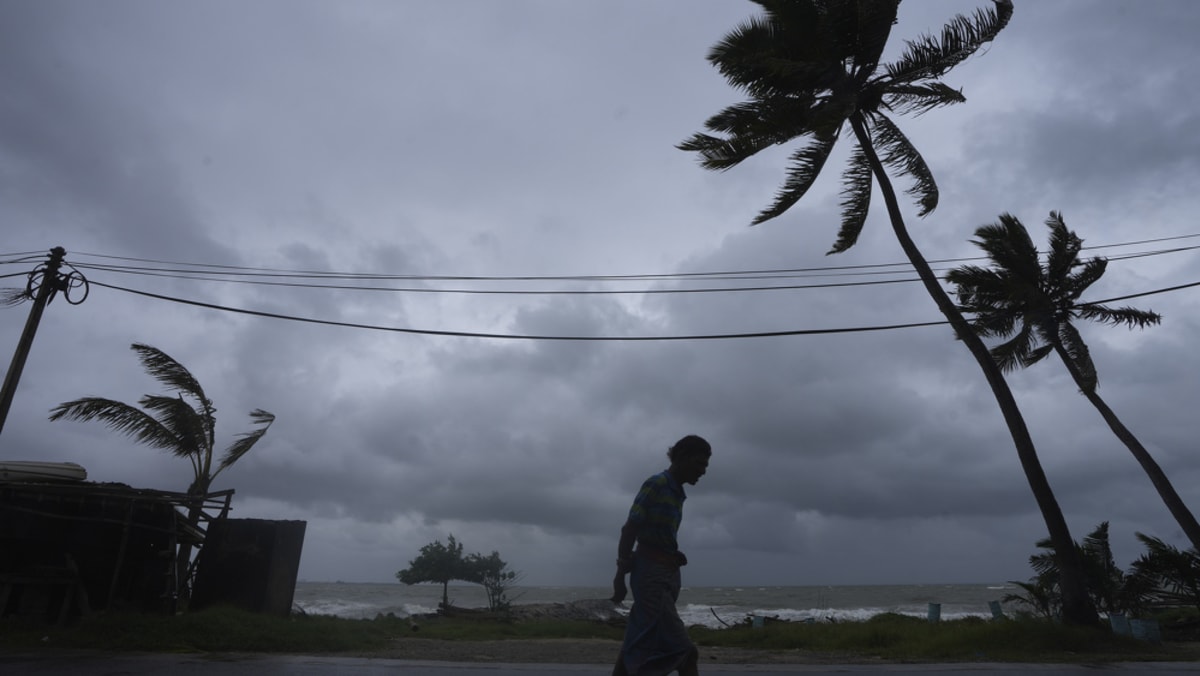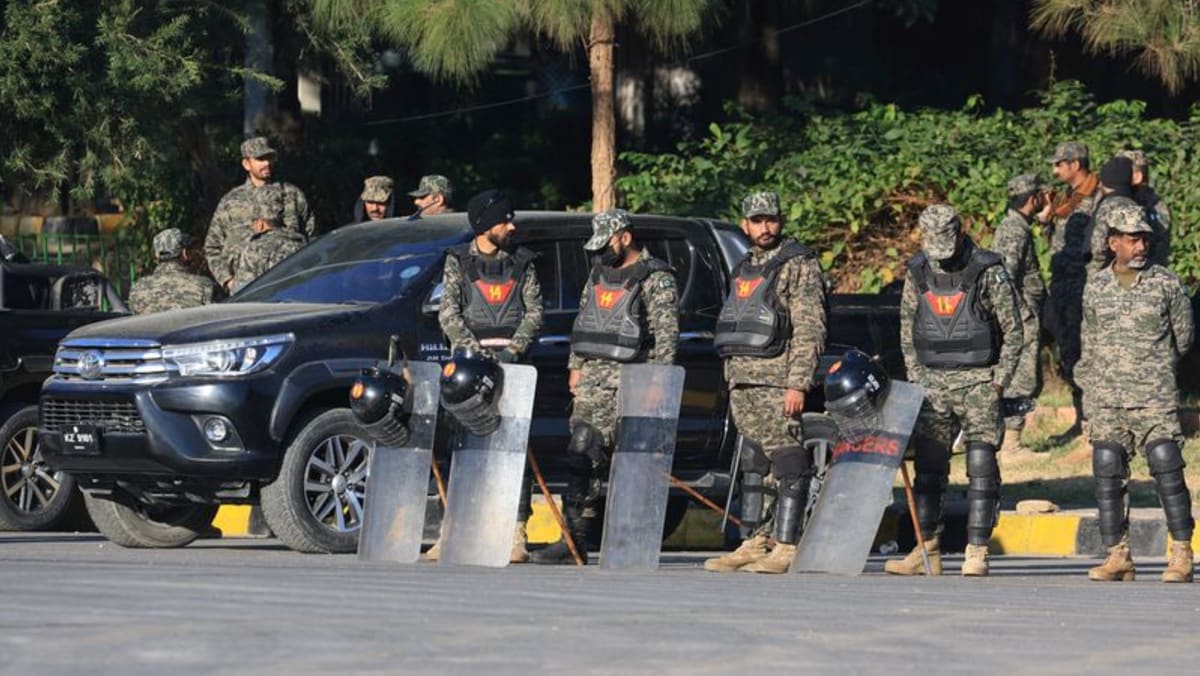He further added that with the increased biodiesel usage, big corporations often gain economic benefits, not small farmers, since they are the ones who operate in the sector.
The processing cost for biofuel in Indonesia is also still quite costly. Therefore, the government would need to spend money to pay for subsidies, said Mr Leonard.
“Our research shows that the subsidy per litre of biofuel is greater than the petroleum subsidy,” he added.
Besides, the government’s biofuel target contradicts its goal to increase gas production of 12 billion cubic feet (BCF) per year by 2030, Mr Leonard said, referring to the government’s pledge to achieve net zero emissions.
By increasing gas production, the amount of emission produced will also increase which would make it harder to achieve a net zero emission target.
Also contradictory to Mr Prabowo’s statement of phasing out coal usage in 15 years in favour of renewables is a statement made by Coordinating Minister of Economic Affairs Airlangga Hartarto on the sidelines of the G20 summit.
Mr Airlangga said that the government plans to cut the share of coal-fired power plants to just 33 per cent while increasing the contribution of renewables to 42 percent by the end of 2040.
And while Indonesia does have untapped potential in renewable energy sources such as geothermal, development within the sector has not been smooth sailing.
The country – which is home to about 130 active volcanoes – holds about 40 per cent of the world’s geothermal energy potential.
Ms Beyrra Triasdian – a renewable energy manager at non-governmental organisation Trend Asia – said that Indonesia has been using geothermal energy for the past 50 years.
About 5 per cent of its current energy mix is from geothermal sources.
But she warned that building a geothermal power plant requires a lot of water and, in some instances, has dried up rivers near the location.
“When drilling is done (to build the power plant), the amount of water used is massive,” said Ms Beyrra.
Such is the case in Dieng, Central Java, which led to protests from villagers.
The geothermal power plant in Dieng has also suffered from gas explosions and toxic gas leaks. The government plans to build a geothermal power plant in East Nusa Tenggara but has also been met with resistance from locals there.













